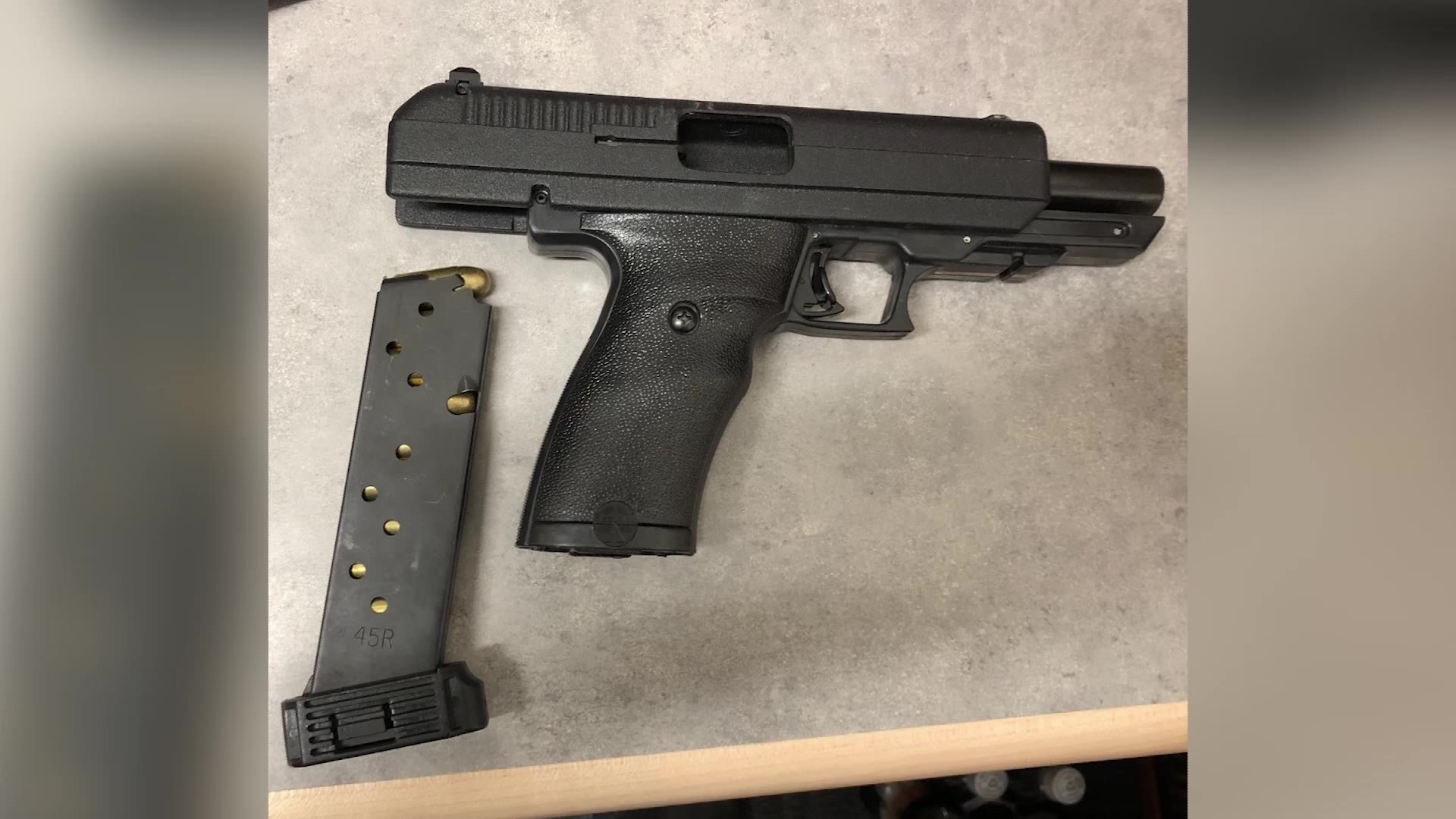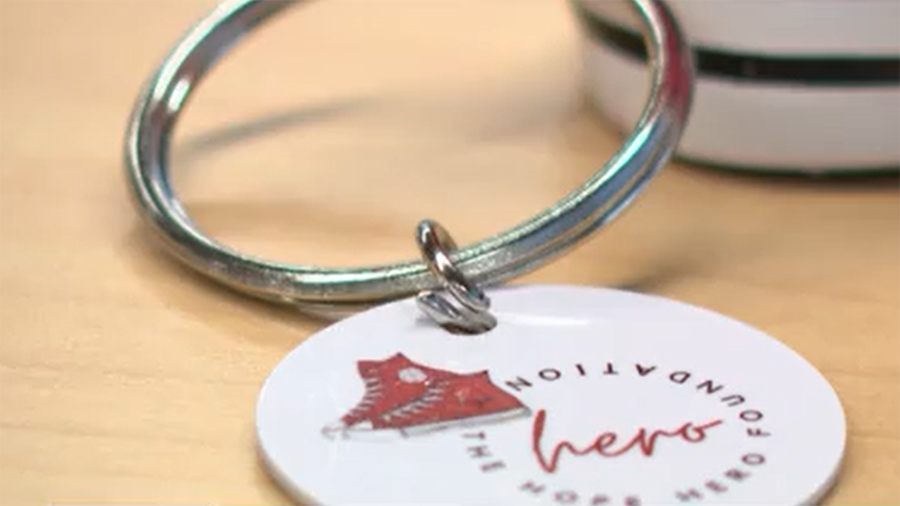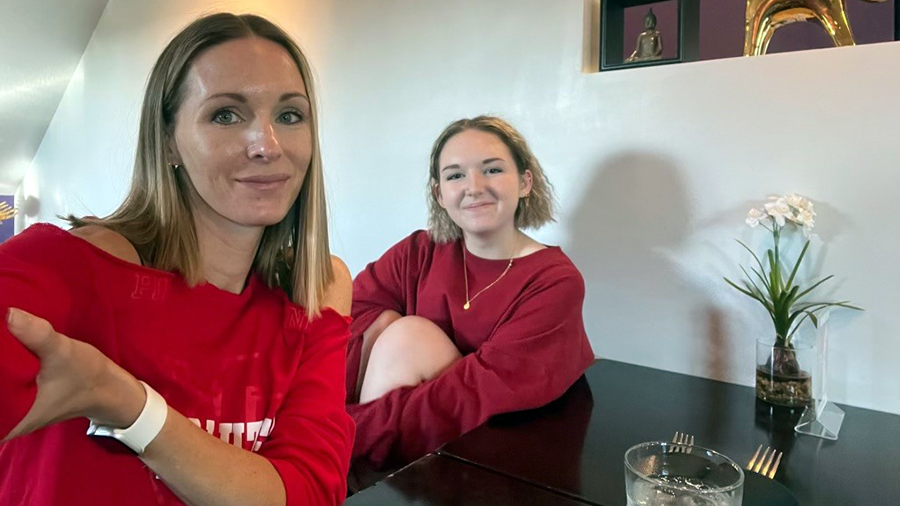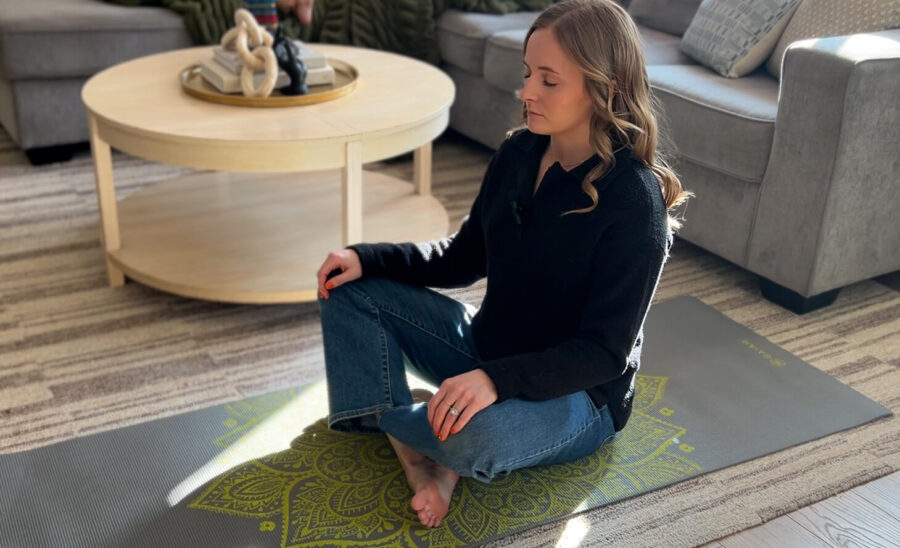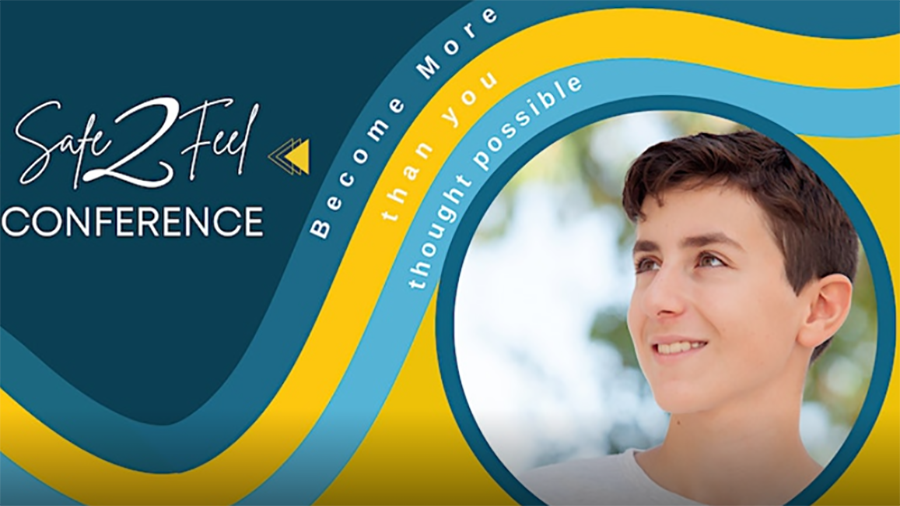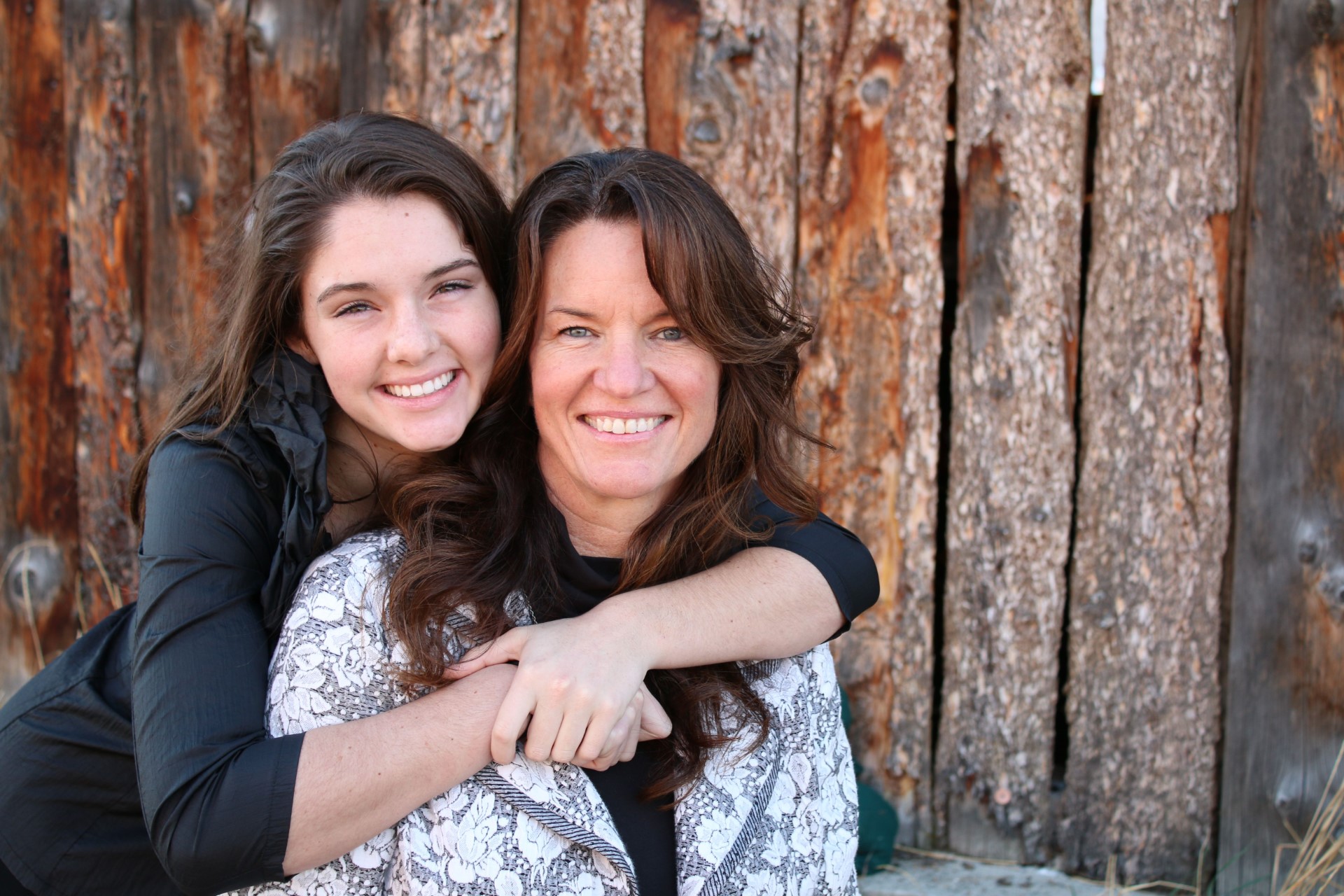Report: Demand jumped for mental health services in Utah in 2021
Jan 12, 2022, 6:37 PM | Updated: Jun 8, 2022, 6:41 pm
SALT LAKE CITY – Amid a record surge in COVID cases, demand for a far less visible illness reached a record high in 2021 in Utah, according to a new report from Huntsman Mental Health Institute.
“What we’re really facing is a second pandemic,” said Mark Hyman Rapaport, MD, and CEO of Huntsman Mental Health Institute (HMHI).
Rapaport said the COVID-19 pandemic has only exacerbated the growing mental health crisis, adding “not only more stress for the public in general but particularly for frontline workers.”
Rapaport said Utah is better equipped than any other state to help, offering access to mental health services 24 hours a day, seven days a week. “That can’t be said of other places,” he said. “Utah has developed the best-integrated crisis system in the country.”
If someone in Utah is struggling with their mental health, they can call the National Suicide Prevention Lifeline at 1.800.273.TALK (8255) or the local crisis line at 801.587.3000.
HMHI’s annual crisis intervention report for 2021 showed the Utah Crisis line received more than 92,532 calls last year. That’s a 32% jump from the year before.
“It’s telling you that people need help and people want to get help right now,” Rapaport said.
Rachel Lucynski said the data showed Utah’s response is working. The report showed those calls led to 1,353 life-saving interventions.
“It’s always worrisome when we see an uptick in cases because we know that’s more stress, more impact to mental health, and challenges that people across the state will be experiencing,” she said.
“The concern really becomes if feelings of being stressed or overwhelmed or even having thoughts of suicide are persistent and pervasive,” she said.
Lucynski is the Operations Manager for Community Crisis Intervention & Support Services at HMHI. She explained as calls for help on the crisis line soar, adult suicide rates have plateaued or decreased over the past three years.
“The most important thing you can do is ask how someone is doing and let them know you care about them,” she said.
“Just always encourage starting those conversations. There’s no shame. There’s nothing wrong with it. And it could save a life.”
In addition to the Utah Crisis Line, HMHI also helps provide access to the SafeUT smartphone apps for students, parents, teachers, and first responders. HMHI says in 2021, 850,790 students across Utah had access to the app. 30,527 total chats and tips were received through the app, and 298 life-saving interventions were initiated.
The Utah warm line is another call line for people who need emotional support, seven days a week between 8 a.m. and 11 p.m. It received 29,903 calls last year.
According to the report, the Mobile Crisis Outreach teams made 6,661 contacts in Salt Lake County; 85% of youth and 79% of adults had their crisis resolved.
Later this year, mental health workers look forward to the launch of 988. A new 3-digit number developed in Utah that will replace the current 10-digit national and local suicide prevention lifeline.
The Huntsman Mental Health is also working to build a mental health crisis care center in 2024, that it says will “expand services for individuals in psychiatric distress” and “provide a compassionate evaluation for people in crisis and their families.”
__________________________________________________________________________
Suicide prevention resources
If you or someone you know is experiencing suicidal thoughts or exhibiting warning signs, call the National Suicide Prevention Lifeline at 1-800-273-TALK (8255) or the Utah Crisis Line at 1-800-273-8255, which is answered 24/7/365 by crisis counselors at Huntsman Mental Health Institute.
You can also text TALK to 741741 and parents, students, and educators can download the SafeUT app chat or call 833-3SAFEUT to connect with a licensed crisis counselor.
Additional resources
- Parents, students, and educators can download the SafeUT app chat or call 833-3SAFEUT to connect with a licensed crisis counselor.
- First responders, including firefighters, law enforcement, EMS, and healthcare professionals, can chat with a crisis counselor at no cost 24/7/365 by downloading the SafeUT Frontline app and members of the National Guard can access help through the SafeUTNG app.
- For non-crisis situations, when you need a listening ear as you heal and recover from a personal struggle, call the Utah Warm Line at 1-833 SPEAKUT 8:00 a.m.-11:00 p.m., 7 days a week, 365 days a year.
- At Huntsman Mental Health Institute, women can access maternal mental health services including birth trauma, pregnancy loss, infertility, and perinatal mood and anxiety disorders.
- LiveOnUtah.org, a campaign by the Utah Suicide Prevention Coalition offers suicide prevention training and has resources for faith-based groups, youth, LGBTQ+, and Employers.
Other community-based organizations that provide suicide prevention services, support groups, mental health education, counseling services and support:
- NAMI Utah: education, support and advocacy for individuals and families impacted by mental illness
- Latino Behavioral Health Services: Latinx mental health education and support
- American Foundation for Suicide Prevention: Utah Chapter
- Encircle Utah: LGBTQ+ family and youth resource center
- Utah Pride Center: empowers Utah’s diverse LGBTQ+ community
- U.S. Department of Veterans Affairs mental health
- Center for Workplace Mental Health: suicide prevention and response for employers
Additional crisis hotlines
- Utah County Crisis Line: 801-226-4433
- Salt Lake County/UNI Crisis Line: 801-587-3000
- Wasatch Mental Health Crisis Line: 801-373-7393
- National Suicide Prevention Crisis Text Line: Text “HOME” to 741-741
- Trevor Project Hotline for LGBTQ teens: 1-866-488-7386

